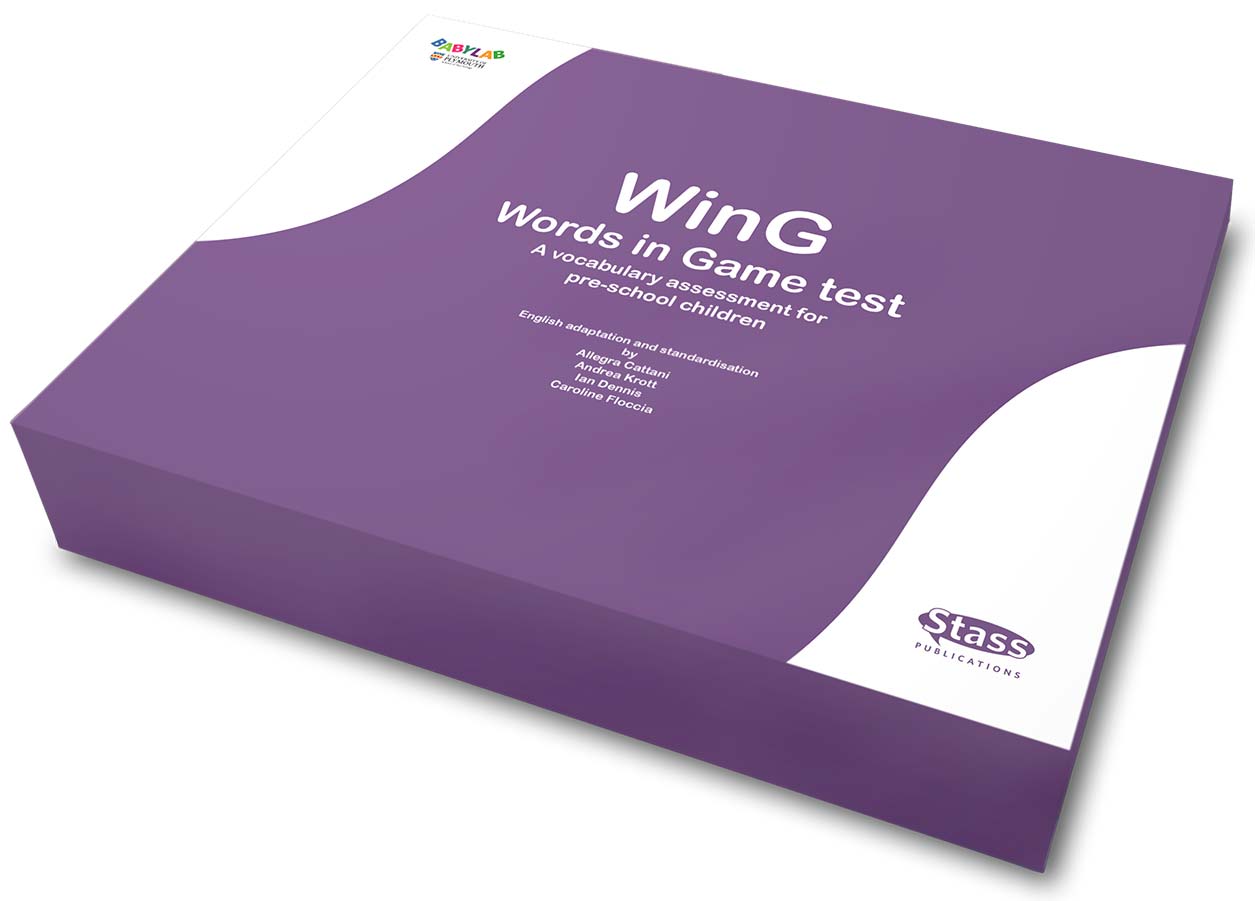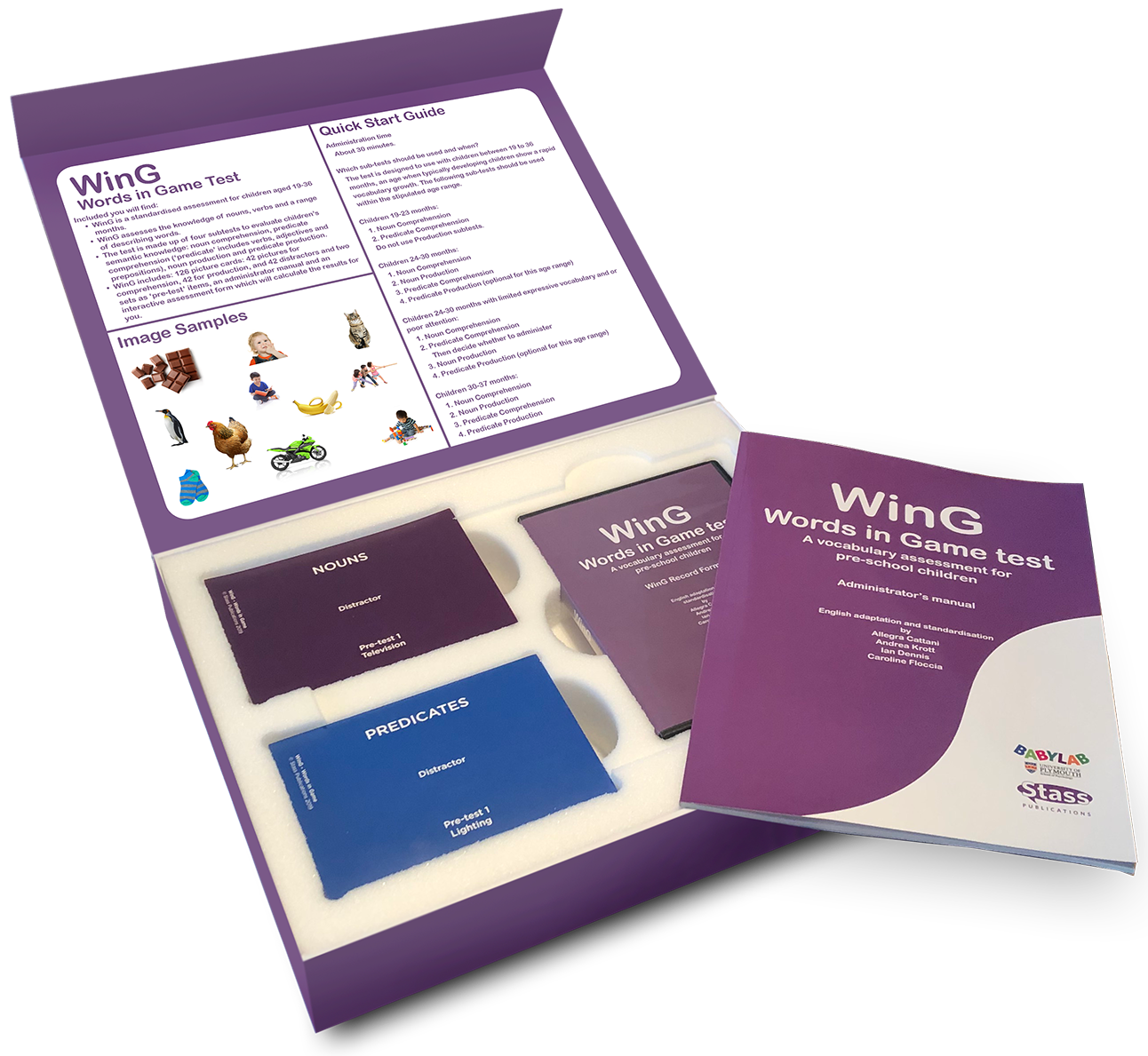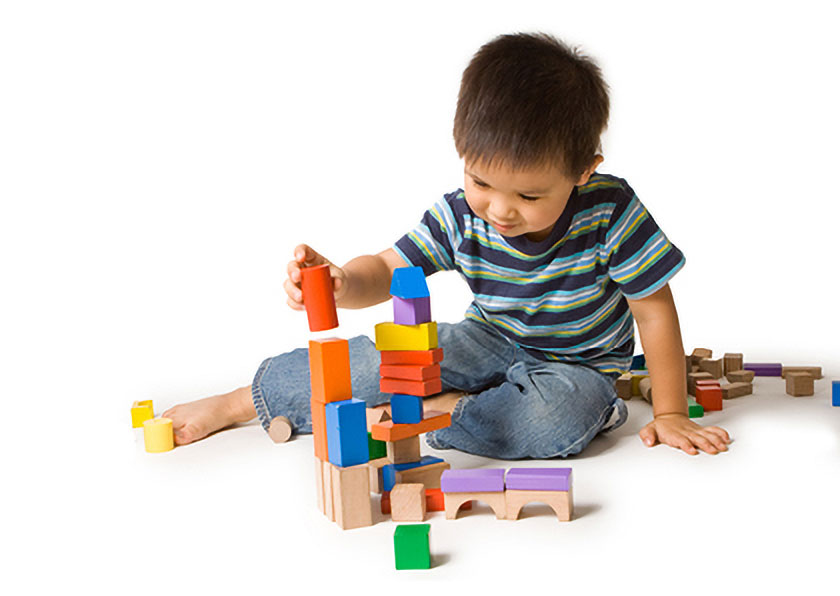WinG: Words in Game Test
5 out of 5 based on 3 reviews
£120.00 plus VAT plus postage
WinG is a standardised assessment for children aged 19-36 months which assesses the knowledge of nouns, verbs and a range of describing words. The test is made up of four subtests to evaluate children’s semantic knowledge: noun comprehension, predicate comprehension (‘predicate’ includes verbs, adjectives and prepositions), noun production and predicate production.
Please note: WinG is a closed test, which means it can only be delivered by Speech and Langauge Therapists, Educational Psychologists and Early Years educators
WinG includes:
- 132 picture cards:
- 44 for comprehension
- 44 for production
- 44 distractors
- two sets of all three as ‘pre-test’ items
- an administrator manual
- an interactive assessment form which will calculate the results for you
English adaptation and standardisation by Allegra Cattani, Andrea Krott, Ian Dennis and Caroline Floccia.
How to access
Once purchased and payment has been completed, please log in, choose My Digital Resources from the User menu at the top right, then click the title
you wish to access.
If payment on foot of invoice is selected in the checkout (available for organisations
only), you will need to contact selina@elklan.co.uk to arrange access.
Order securely online today
We
accept Mastercard and Visa, or payment on foot of invoice for organisations
Delivery and returns info
Reviews
Ashleigh Paddon, Specialist SaLT
16th June 2020
So great to have a standardised and flexible assessment to use with children under 39months or those at an early developmental level. Beautiful quality modern images and an easy to follow administration manual as well as a choice of paper and interactive recording forms. I think this will become a well-used resource in my tool kit!
Laura Collins, Solent NHS Trust
2nd June 2020
I think it's a great assessment tool for pre schoolers as it can help identify specific gaps in vocab to support SMART target setting.
Prof. John Clibbens, Emeritus Professor in Developmental Psychology, Birmingham City University
21st November 2019
The WinG test is a really useful new resource for both clinicians and researchers. It allows for the assessment of both comprehension and production of vocabulary items in children from 19 to 36 months of age – a period that is particularly important for language development. There is no existing test that does the same for the whole of this period, and no test using direct measures (rather than parental report). Extensive reliability and external validity checks give positive results.




